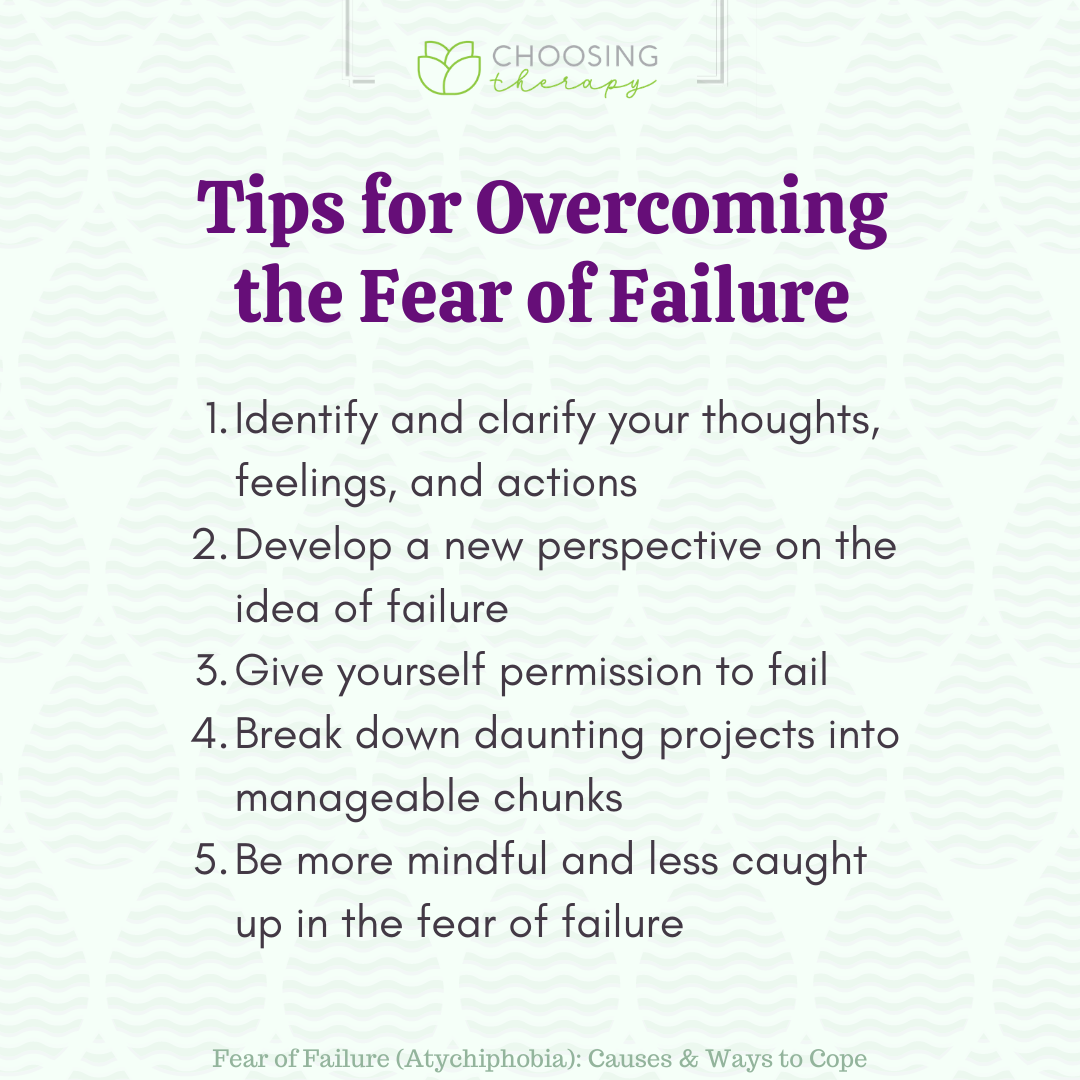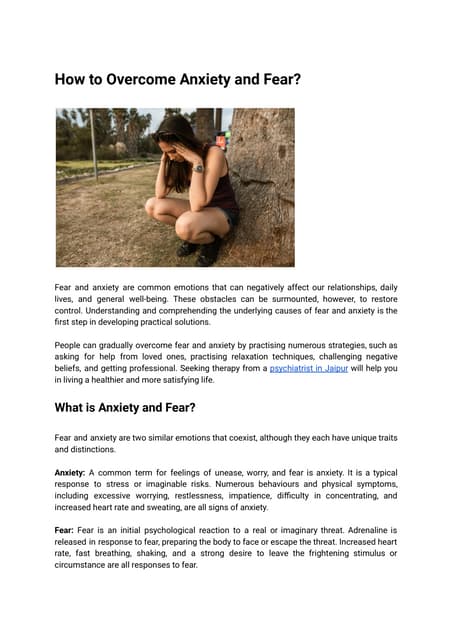How To Overcome Fear And Insecurity
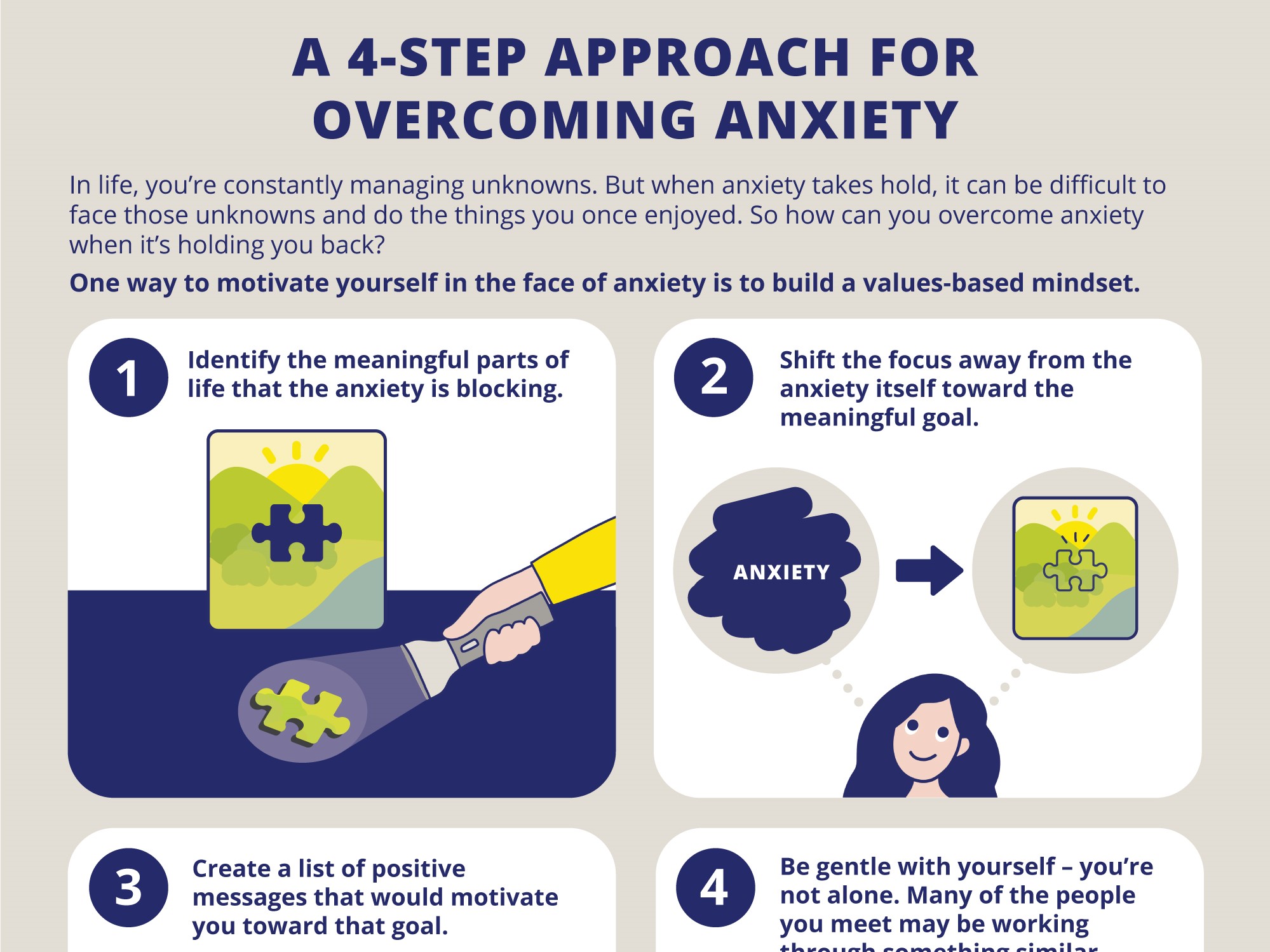
Fear and insecurity, ubiquitous emotions often lurking beneath the surface, can significantly hinder personal and professional growth. While these feelings are a natural part of the human experience, understanding their roots and developing coping mechanisms is crucial for navigating life's challenges with confidence.
This article explores practical strategies, backed by psychological research and expert advice, for overcoming fear and insecurity, empowering individuals to live more fulfilling lives. By addressing the underlying causes and implementing effective techniques, individuals can cultivate resilience and build a stronger sense of self.
Understanding the Roots
Fear and insecurity are often intertwined, stemming from a variety of sources including past experiences, social conditioning, and negative self-talk. These emotions can manifest in different ways, from generalized anxiety to specific phobias, impacting an individual's ability to take risks, form relationships, and pursue their goals.
According to the American Psychological Association, identifying the specific triggers and underlying causes of these feelings is the first step toward overcoming them. Understanding the origins of fear and insecurity provides a foundation for developing targeted strategies to address them.
Challenging Negative Thoughts
Negative self-talk is a common contributor to insecurity. Cognitive Behavioral Therapy (CBT) techniques, which involve identifying and challenging negative thought patterns, can be highly effective.
Replacing these negative thoughts with more balanced and realistic ones can significantly improve self-esteem and reduce anxiety. This process requires conscious effort and consistent practice, but the long-term benefits are substantial.
Building Self-Compassion
Self-compassion involves treating oneself with the same kindness and understanding that one would offer to a friend. Dr. Kristin Neff, a leading researcher in self-compassion, emphasizes the importance of recognizing shared humanity, acknowledging suffering, and practicing self-kindness.
Practicing self-compassion can buffer against the negative effects of self-criticism and enhance emotional resilience. It allows individuals to accept their imperfections and approach challenges with greater empathy and understanding.
Taking Small Steps
Overcoming fear often requires facing it head-on, but starting with small, manageable steps is crucial. Gradually exposing oneself to the source of fear in a controlled environment can help desensitize the individual and build confidence.
"Facing your fears, even in small ways, is like building a muscle. The more you do it, the stronger you become." - Susan David, Harvard Medical School psychologist.
Seeking Professional Help
For some individuals, fear and insecurity may be deeply ingrained or debilitating, requiring professional intervention. Therapy, such as CBT or acceptance and commitment therapy (ACT), can provide individuals with the tools and support they need to manage their emotions and develop healthier coping mechanisms.
A qualified therapist can help individuals explore the underlying causes of their fears and insecurities, develop personalized strategies for addressing them, and provide ongoing support and guidance.
The Importance of Social Support
Having a strong support system can significantly impact one's ability to overcome fear and insecurity. Connecting with trusted friends, family members, or support groups can provide a sense of belonging and validation.
Sharing one's experiences with others who understand can reduce feelings of isolation and shame. Furthermore, receiving encouragement and support from others can boost confidence and motivation.
Overcoming fear and insecurity is a journey, not a destination. It requires ongoing effort, self-awareness, and a willingness to challenge negative beliefs. By implementing these strategies, individuals can cultivate greater resilience, build stronger self-esteem, and live more authentic and fulfilling lives.

![How To Overcome Fear And Insecurity [Infographic] Four Questions to Help Clients Overcome Anxiety - NICABM](https://www.nicabm.com/wp-content/uploads/2022/05/NICABM-InfoG-4-Questions-to-Help-Clients-Overcome-Anxiety-1-scaled.jpg)
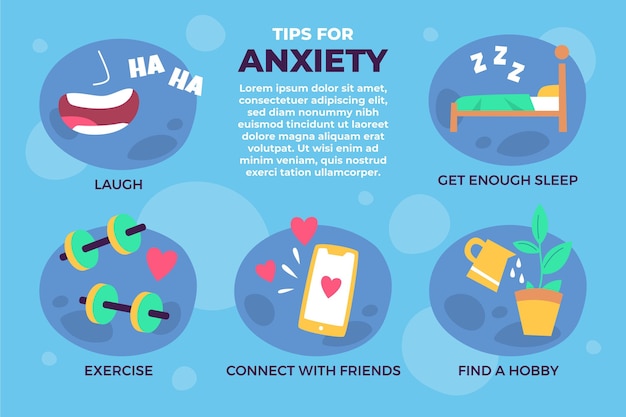

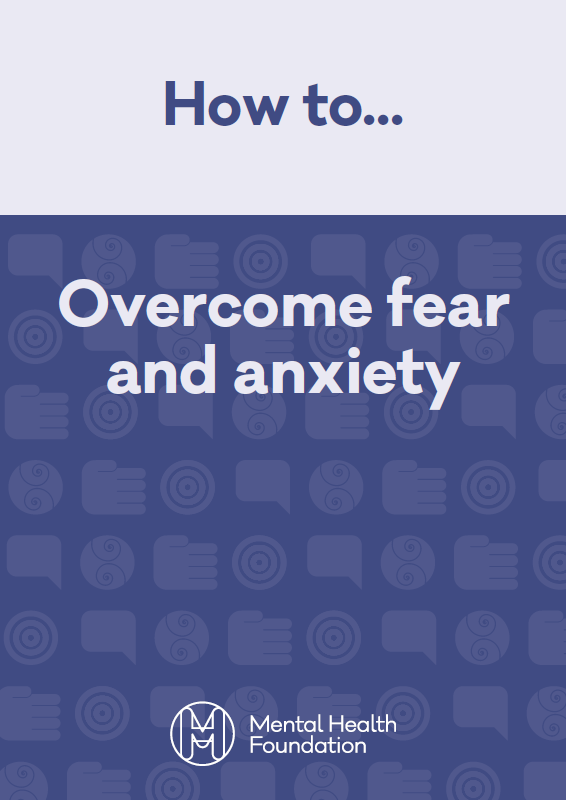
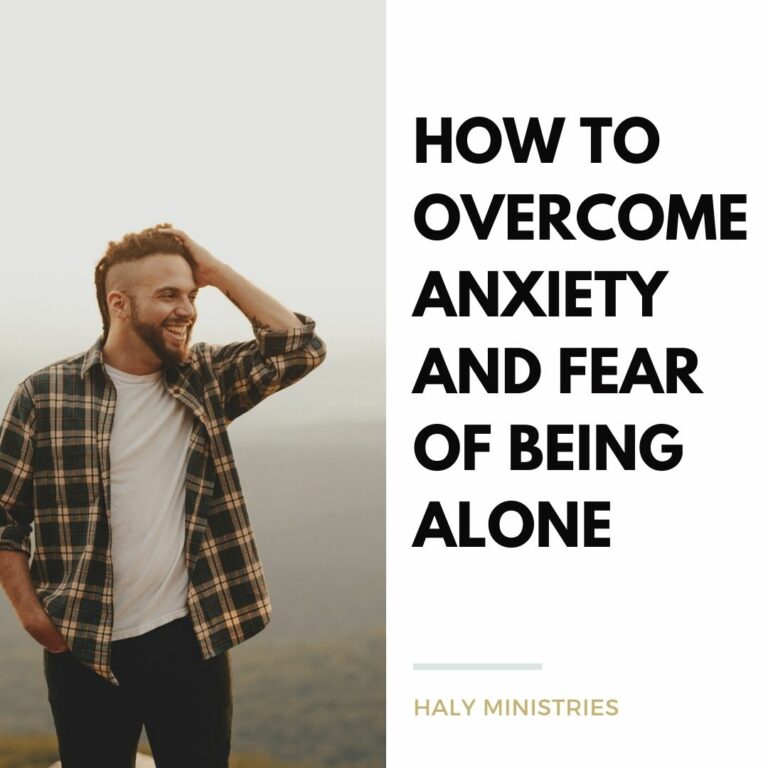

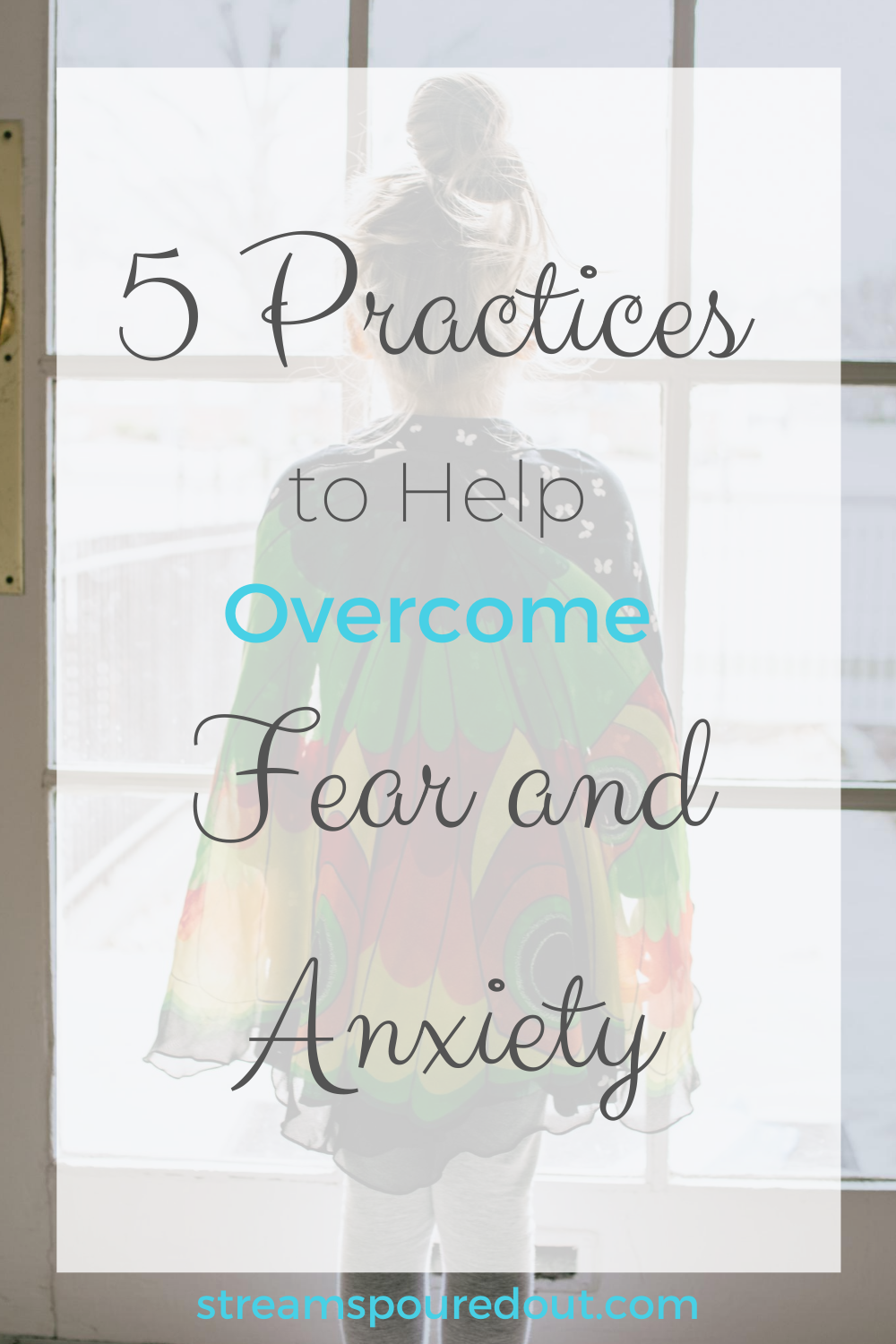

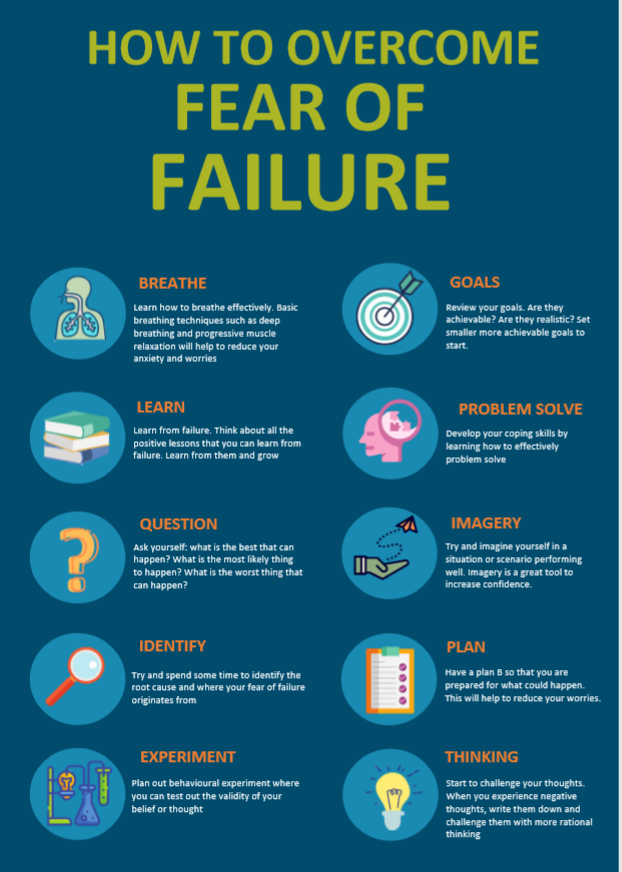

![How To Overcome Fear And Insecurity Guided Mindfulness Meditation on Overcoming Anxiety and Fear [HD] - YouTube](https://i.ytimg.com/vi/HT_ZvD94_kE/maxresdefault.jpg)




